Medea
Reviewed by Madeleine Dale for The Creative Issue
10 June 2015
La Boite’s new production of Medea is everything modern theatre should be—lean, punchy and incredibly hard-working. Christen O’Leary shines in the role of the titular villainess, as playwright Suzie Miller radically reassesses one of the most reviled women of the ancient stage.
For all his literary brilliance, Euripides was a virulent misogynist. He was mistrustful and scornful of women to the point where other Athenian writers were laughing at him. His attitude to majority of his heroines can be summed up as ‘Tcha! Women!’. So, it was incredibly satisfying to see Medea ripped out of his cold, dead hands and given breathtaking new life by the equally talented and much more insightful Suzie Miller.
Miller’s reimagined Medea is undeniably a play fit for an amphitheatre. With the theatre in the round, the hazy faces of your fellow audience members gaze back through the prongs of a candlelit set that looks like a rejected dreamscape from Hannibal. The tiny cast, the dimly lit stage, the use of the traditional Greek chorus—all these conspire to paint a convincing picture of the Theatre of Dionysus on festival night. Of course, historians can’t confirm that the ancient choruses ever harmonised on INXS songs, but there’s no good evidence that they didn’t so…
History and modernity come together in the Roundhouse for a production that embraces the best parts of both. Gone are the hyper-realist sets and complex lighting designs. Gone is the intermission scene change. Gone, the pre-recorded score and lavish costumes. Instead Christen O’Leary (as Medea), Helen Christinson (as Glauce/Nurse) and Damien Cassidy (as Jason) are left with nothing but the script and their skill to howl, rage and scheme their way through ninety minutes of pure theatre.
Miller’s textual reworking is magnificent. The script retains enough of the original language to possess the kind of authority and grandeur that come with the classics, but the play’s emotional high points are hit when it goes more radically off-base. Medea’s speech to her doomed sons is colloquial, raw, intimate, and a masterstroke of both writing and acting, as O’Leary proves her mettle yet again.
La Boite’s Medea is a impressive piece of theatre, but also a valuable answer to the question of problematic older plays—and one that proves there is much life and joy to be wrung from even the works of writers so curmudgeonly as Euripides.

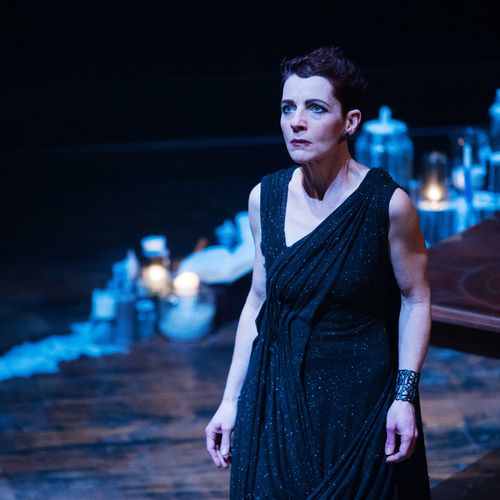
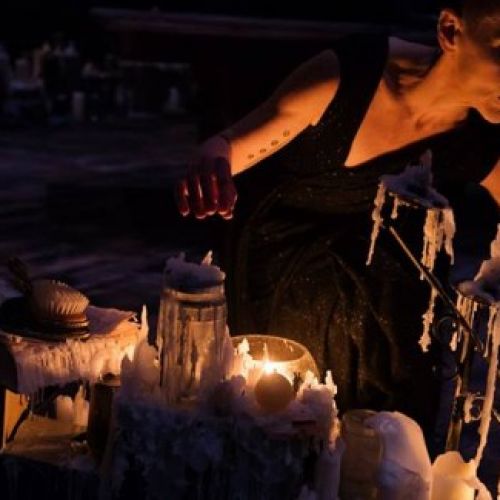

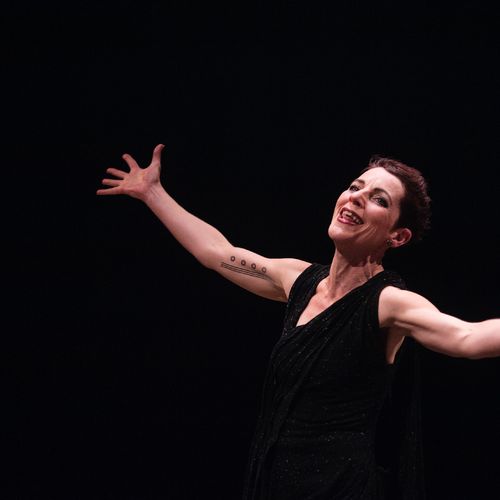
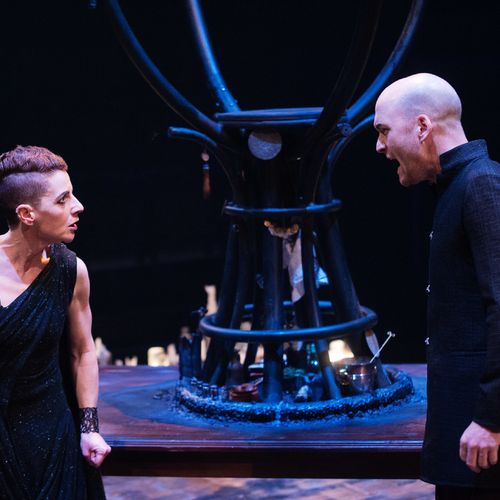
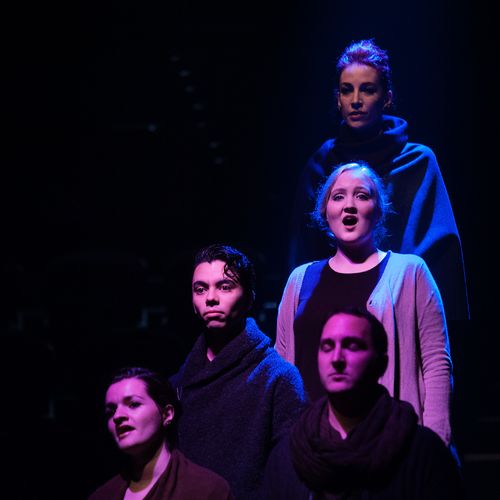
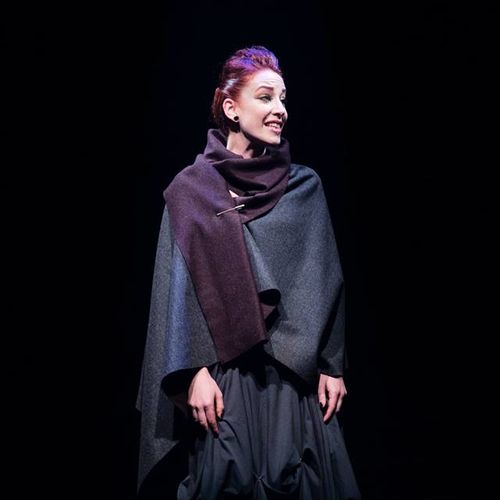
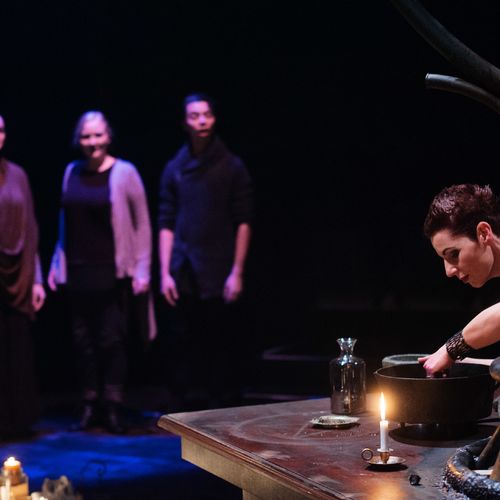
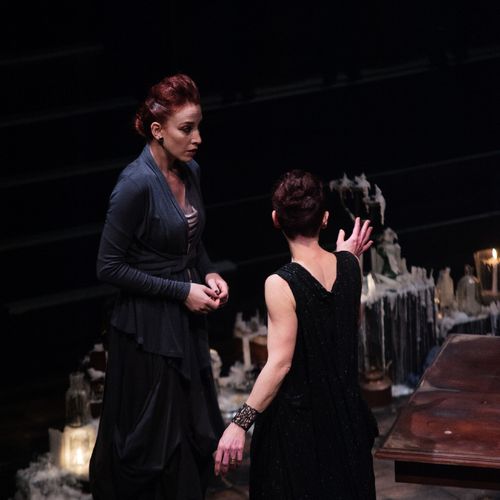
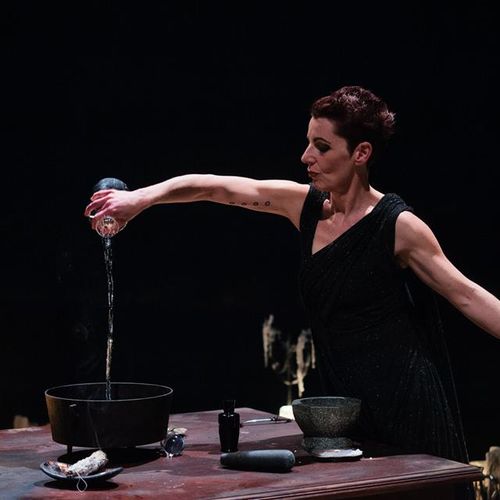


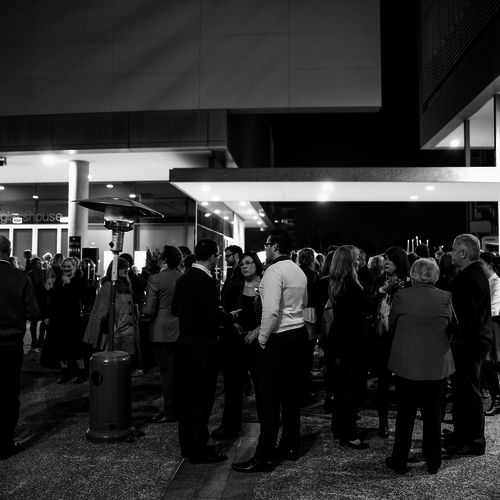
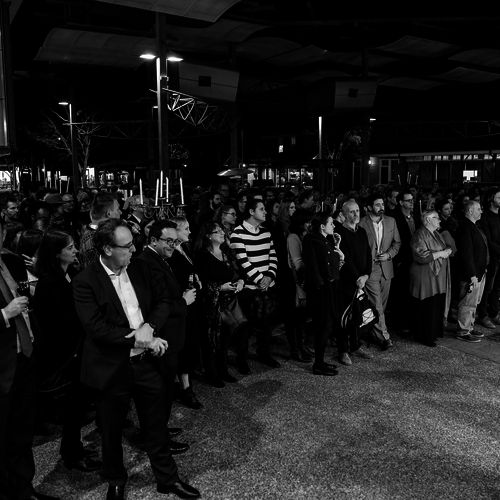
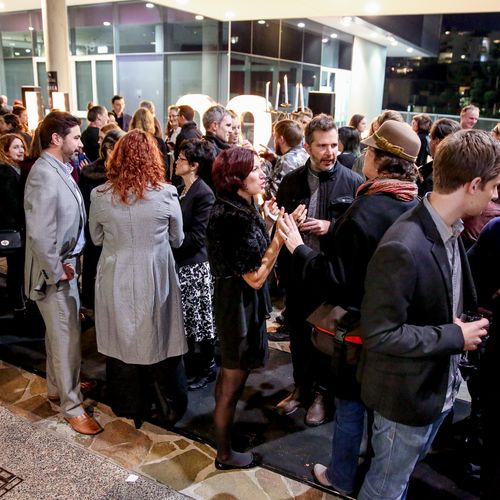

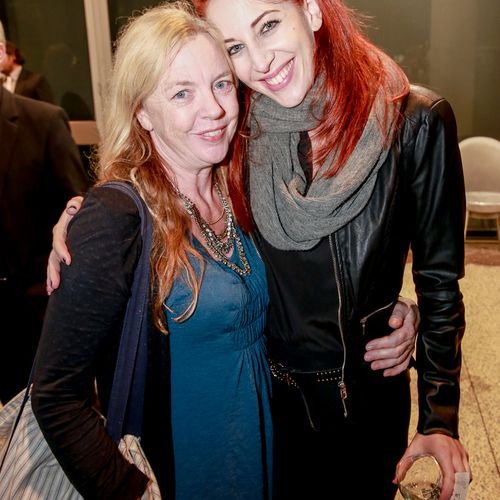


Tell us your story